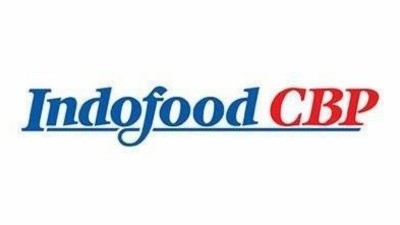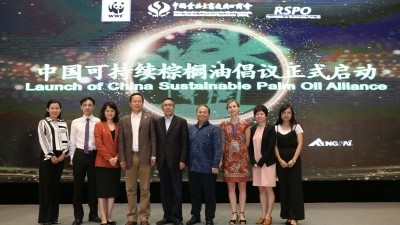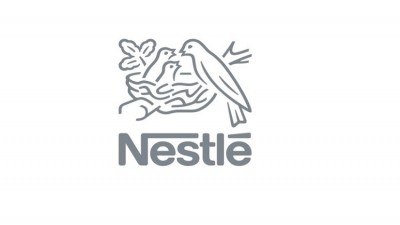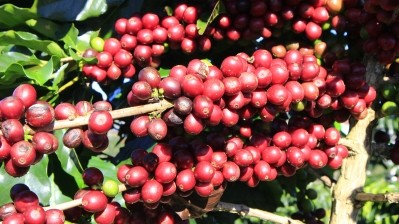Nestlé suspended by RSPO for ‘failing to submit’ palm oil sustainability reports
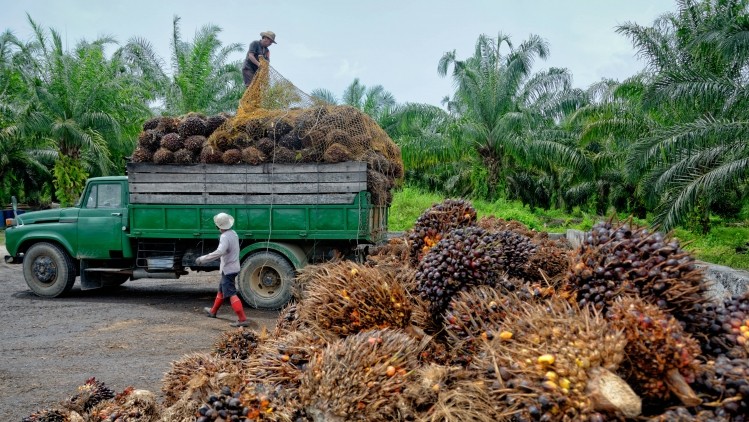
The food and drink giant was suspended yesterday (June 27) after RSPO said it had failed to report its efforts in promoting the sustainable use of palm oil for two consecutive years.
The RSPO Board of Governors approved the suspension during a meeting on the same day.
As a result, Nestlé could no longer be allowed to claim RSPO membership and its use of Certified Sustainable Palm Oil (CSPO).
However, the not-for-profit organisation has also granted a 30-day period before Nestlé’s CSPO certifications, trade and trademark license cease to be valid.
RSPO Supply Chain certification for its facilities are also suspended, including those in Nestlé Australia and Cereal Partners UK in Bromborough, which are respectively due for certification renewal in November this year and September next year.
In addition, Nestlé’s voting rights at RSPO General Assemblies will be revoked, and it is not allowed to join any RSPO task force or working group.
RSPO has requested Nestlé to fully comply and commit itself to the RSPO Statutes and Code of Conduct by July 20.
The suspension will only be lifted and certification reinstated once RSPO is satisfied with Nestlé’s compliance efforts.
Nestlé will face a possible termination, if it continuously fails to comply with requirements, RSPO warned.
In response to FoodNavigator-Asia's queries, a Nestlé’s spokesperson said that the company "shares RSPO’s ambition for improving the social and environmental performance of the palm oil sector."
However, their "approaches to this do differ" from that of RSPO's.
The spokesperson added that the company "respects the RSPO board’s decision regarding Nestlé’s membership. We will continue our dialogue with RSPO and hope to re-qualify in the near future.’’
ACOP reports not submitted
In its announcement, RSPO explained that Nestlé’s failure to submit the Annual Communication on Progress (ACOP) report for the past two years is the main reason for suspending its membership.
It also revealed that the firm has an unpaid overdue membership fee of €2,000 which is, again, a breach of the RSPO Statutes.
“Nestlé has not submitted the ACOP report for 2016, and for 2017 submitted the ACOP report without a time-bound plan.”
“Nestlé was given the opportunity to complete its ACOP report for 2017 through active engagement, and has declined to submit a time-bound plan.”
Members are required to submit the ACOP reports annually as part of continuous membership requirement.
Members will face suspension if they fail to submit ACOP reports for two consecutive years, and a termination if they fail to do so for three consecutive years, as stated on RSPO websites.
The ACOP reports require RSPO members to: 1) specify steps that were taken in the previous year, 2) specify steps intended for the coming year and for the long term in the form of a time-bound plan of working towards producing or buying certified sustainable palm oil.
For instance, the plans should specify volume or percentage targets, or a commitment to above-average proportions of trade or investment volumes in comparison to production or demand trends.
Members should also apply any or a combination of the RSPO approved supply chain mechanism, and report its progress against the time-bound plan.
Despite taking disciplinary actions, some remain sceptical of RSPO’s efforts in promoting the sustainable use of palm oil.
Rainforest Action Network palm oil campaign director Robin Averbeck has commented that the "one-off action” by RSPO in suspending Nestlé “cannot be taken too seriously”.
He claimed that this is because RSPO has allowed another firm, Indofood, to “continue selling certified 'sustainable' palm oil produced by children, unpaid women, and exploited workers".
Punishing others
Interestingly, Nestlé was one of the firms that used to criticise other firms for not adhering to RSPO clauses.
In 2016, it joined Mars, Unilever and Kellogg's in severing palm oil supplies from Malaysian palm oil supplier IOI — one of the founding members of the RSPO.
For IOI, the repercussions came immediately, with Mars, Unilever and Kellogg's distancing themselves from IOI within 24 hours of the suspension announcement.
IOI subsequently took four months to regain RSPO certification.
Other suspensions
According to RSPO website, there are 13 terminated members and 11 suspended members, mostly palm oil processors and/or traders.
FoodNavigator-Asia has checked with RSPO and found out that the list refers to members terminated and suspended in 2015. Currently, Nestlé is the only member facing suspension.
On the other hand, there are currently 694 CSPO trademark licenses issued by RSPO.
The certified production area has also increased over the years, reaching 2.68million ha this year, the second highest within the last five years. Last year, the certified production area was slightly lower at 2.51 million ha.
Most RSPO certified palm oil came from Indonesia (51%), followed by Malaysia 42%.
